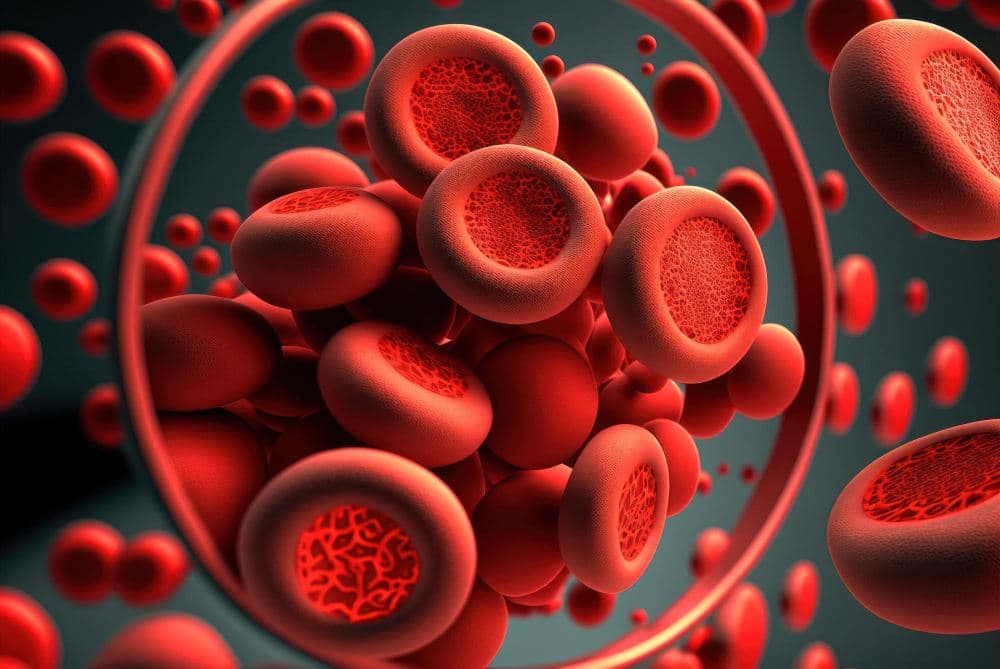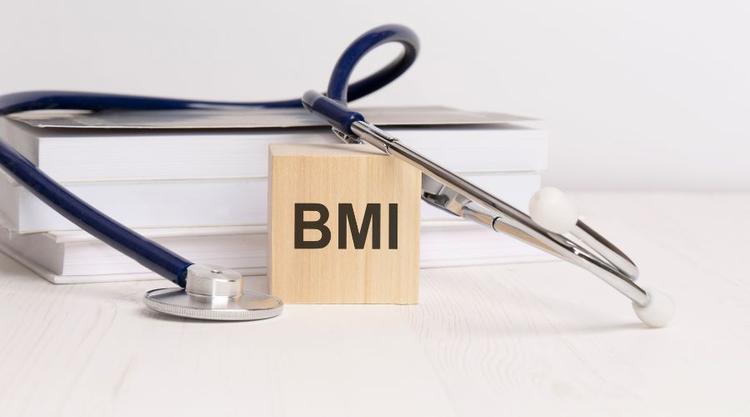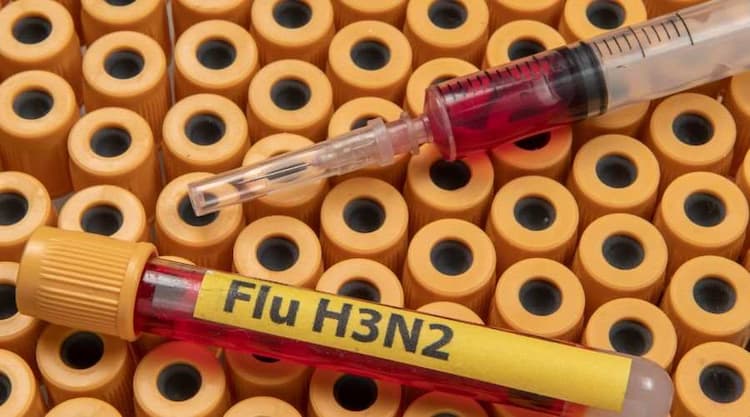What Would Be the Consequences of Deficiency of Hemoglobin?

Medically Reviewed By
Dr. Ragiinii Sharma
Written By Ritish Sharma
on Jun 6, 2023
Last Edit Made By Ritish Sharma
on Mar 17, 2024

Hemoglobin is a vital protein found in red blood cells that is responsible for transporting oxygen throughout the body. It plays a crucial role in ensuring that our organs and tissues receive the oxygen they need to function properly.
However, when there is a deficiency of hemoglobin, it can lead to several health complications.
Hemoglobin deficiency, also known as anemia, is characterized by a decrease in the number of red blood cells or a lower concentration of hemoglobin in the blood. There are various types of anemia, including iron-deficiency anemia, vitamin-deficiency anemia, and inherited forms such as sickle cell anemia and thalassemia.
[booktetonwhatsapp code='HM051']From the impact on energy levels to potential complications for various organs, let’s explore the consequences of hemoglobin deficiency and the importance of early detection and treatment to maintain a healthy and vibrant life. But, before that, it's essential to understand the causes of hemoglobin deficiency.
Hemoglobin Deficiency Causes
Hemoglobin deficiency, or anemia, can arise from various causes, each posing unique challenges to our health.
The most common culprits behind hemoglobin deficiency include:
Iron deficiency - Often resulting from inadequate intake or poor absorption, iron deficiency hampers the production of hemoglobin
Vitamin deficiencies - Deficiencies in essential vitamins like B12 and folate disrupt red blood cell formation, exacerbating hemoglobin deficiency.
Genetic disorders - Conditions like thalassemia affect the structure or production of hemoglobin, contributing to anemia development.
Chronic diseases - Certain chronic conditions like kidney disease, cancer, rheumatoid arthritis, and autoimmune disorders can interfere with the production or lifespan of red blood cells.
Pregnancy - During pregnancy, the body's blood volume increases, leading to dilution of hemoglobin concentration.

Diagnosis of Haemoglobin Deficiency
To accurately identify and diagnose hemoglobin deficiency, recognizing the associated symptoms and signs is crucial. Diagnostic tests play a vital role in confirming hemoglobin deficiency. Key tests include:
Complete blood count (CBC)
This comprehensive complete blood count test (CBC) provides valuable information about red blood cell count, hemoglobin levels, hematocrit (the percentage of blood occupied by red blood cells), and other parameters.
By evaluating the CBC results, healthcare professionals can assess the severity of anemia and gain insights into the underlying causes. The CBC also helps identify other potential abnormalities, such as white blood cell count and platelet count, providing a broader picture of overall blood health.
Iron test
The test evaluates iron levels in the body, providing insights into the underlying cause of hemoglobin deficiency when iron deficiency is suspected. Iron test help determines if insufficient iron availability contributes to low hemoglobin levels.
Health Consequences of Haemoglobin Deficiency
In the presence of hemoglobin deficiency, oxygen transport is compromised, resulting in reduced oxygen supply to vital organs and tissues. This impairment can lead to diminished tissue function and a range of health consequences.
1. Physical and Cognitive Effects
Fatigue & Weakness: Hemoglobin deficiency deprives the body of the oxygen it needs, leading to persistent fatigue and weakness. Individuals with low hemoglobin levels often experience a lack of energy and find it challenging to perform daily activities.
Shortness of breath: Insufficient hemoglobin limits the amount of oxygen available for the respiratory system, causing shortness of breath even during minimal exertion.
Impaired cognitive function and concentration: Inadequate oxygen supply to the brain due to hemoglobin deficiency can result in impaired cognitive function. Individuals may experience difficulty concentrating, memory problems, and decreased mental alertness.
Decreased physical performance: Reduced oxygen-carrying capacity hampers physical performance and exercise tolerance. Individuals with hemoglobin deficiency may find it difficult to engage in physical activities or may tire quickly during exercise.
2. Complications and Risks
Cardiovascular complications: Hemoglobin deficiency can strain the cardiovascular system as the heart works harder to compensate for the reduced oxygen-carrying capacity. This increased workload may lead to conditions such as rapid heartbeat and in severe cases, heart failure.
Impaired immune function: Hemoglobin deficiency compromises the immune system, making individuals more susceptible to infections.
Developmental issues in children: In cases of chronic hemoglobin deficiency, such as thalassemia, children may experience delayed growth and development. Insufficient oxygen delivery can hinder normal growth processes, affecting physical and cognitive development.
Increased risk during pregnancy: Hemoglobin deficiency can lead to complications such as preterm birth, low birth weight, and maternal fatigue. Proper management and treatment are crucial to ensure a healthy pregnancy outcome.
Treatment & Management
To effectively manage hemoglobin deficiency, it is crucial to address the underlying cause. Treatment approaches vary depending on the specific type and severity of the deficiency.
Common interventions include:
- Iron supplementation and dietary changes for iron deficiency (such as leafy greens, lean meats, and legumes)
- Vitamin supplementation for nutrient deficiencies (vitamins like B12 and folate)
- Medical interventions for genetic disorders (blood transfusions & bone marrow transplants)
- Regular exercise and physical activity
- Stress management
- Adequate sleep
- Regular monitoring and follow-up
Prevention of Haemoglobin Deficiency
Maintaining a healthy diet is key to preventing hemoglobin deficiency. Incorporating iron-rich foods into your meals can help ensure adequate iron levels for hemoglobin production.
For Pregnant women, making prenatal care and nutrition crucial. Adequate iron and folic acid intake during pregnancy supports the healthy development of the baby and prevents maternal anemia. Regular prenatal check-ups allow healthcare professionals to monitor hemoglobin levels and provide appropriate interventions if deficiencies arise.
Also, early diagnosis plays a vital role in preventing hemoglobin deficiency and its associated complications.
Regular check-ups, including complete blood count (CBC) tests, full body checkups, and iron studies can help identify hemoglobin deficiencies early on. These tests provide valuable insights into hemoglobin levels, red blood cell counts, and iron stores in the body.
By detecting any abnormalities, doctors can intervene timely, providing necessary treatment or dietary modifications to maintain optimal hemoglobin levels.
Takeaway
Taking routine checkups can be a crucial step in managing or preventing hemoglobin deficiency. Redcliffe Labs offers comprehensive diagnostic tests that can provide valuable insights into the functioning of your body, including hemoglobin levels.
Tests like the CBC test, Iron Deficiency test, and Anemia Profile can help assess your hemoglobin status and detect any deficiencies early on.
Redcliffe Labs is committed to providing affordable and high-quality diagnostics, ensuring accurate results and improved healthcare outcomes.
Prioritizing routine checkups can help you stay on top of your health and effectively manage or prevent hemoglobin deficiency.



